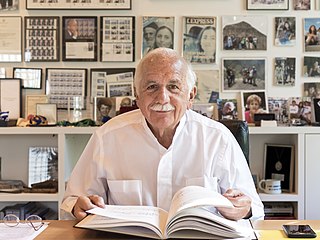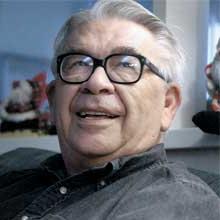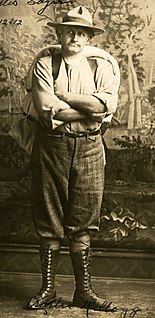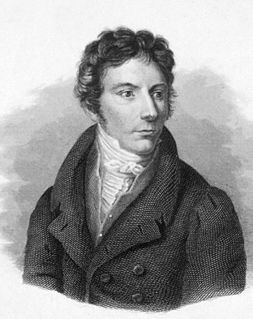A Quote by Alexander von Humboldt
The expression of vanity and self-love becomes less offensive, when it retains something of simplicity and frankness.
Related Quotes
Try vegetarianism and you will be surprised: meditation becomes far easier. Love becomes more subtle, loses its grossness — becomes more sensitive but less sensuous, becomes more prayerful and less sexual. And your body also starts taking on a different vibe. You become more graceful, softer, more feminine, less aggressive, more receptive.
A cross borne in simplicity, without the interference of self-love to augment it, is only half a cross. Suffering in this simplicity of love, we are not only happy in spile of the cross, but because of it; for love is pleased in suffering for the Well Beloved, and the cross which forms us into His image is a consoling bond of love.
He who seeks truth shall find beauty. He who seeks beauty shall find vanity. He who seeks order shall find gratification. He who seeks gratification shall be disappointed. He who considers himself the servant of his fellow beings shall find the joy of self-expression. He who seeks self-expression shall fall into the pit of arrogance.
Of all the nonsense written about love, none is more absurd than the notion that ideal love is selfless. To love is to see myself in you and to wish to celebrate myself with you. What I love is the embodiment of my values in another person. Love is an act of self-assertion, self-expression and a celebration of being alive.





























